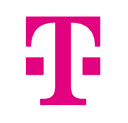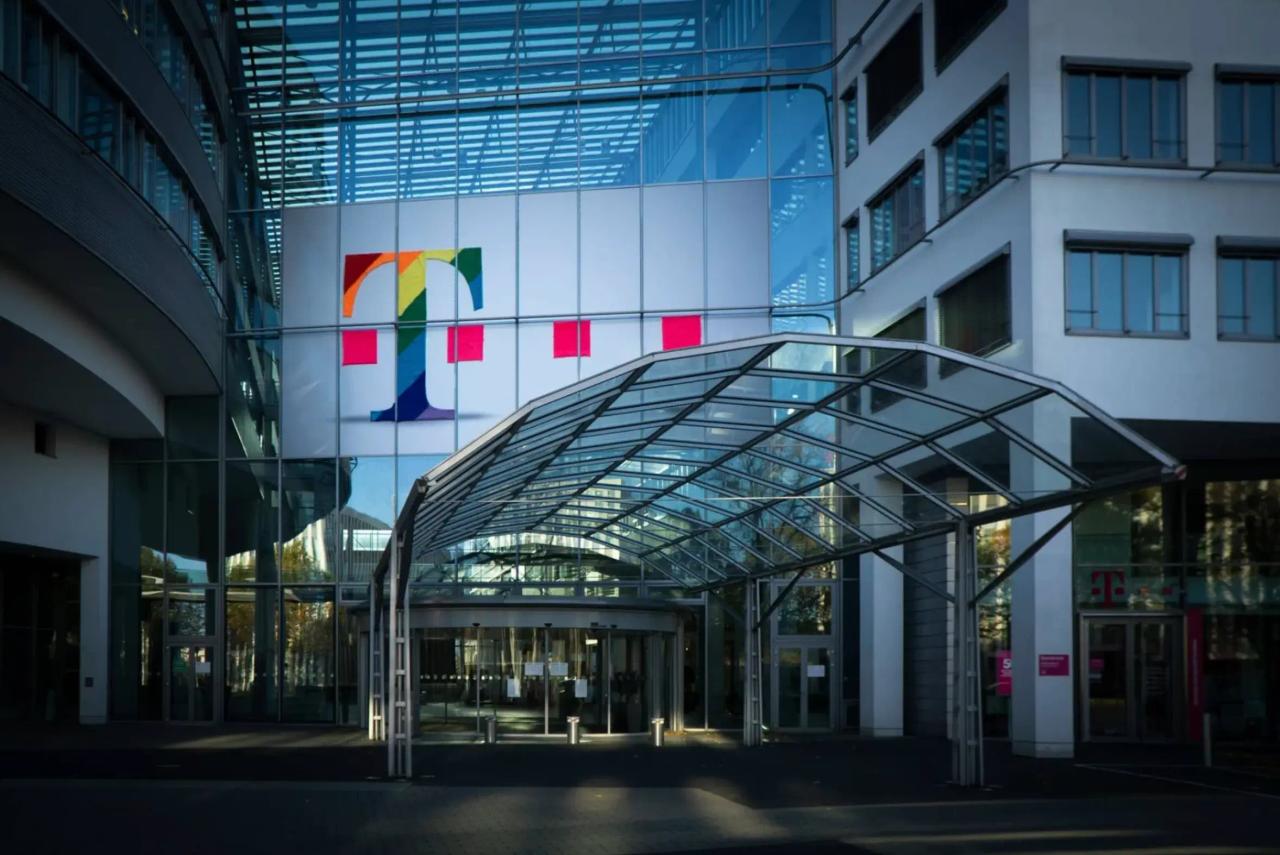The Challenge
The Telekom Data Intelligence Hub (DIH) ensures that users maintain, control, security, and compliance over the data they share and use.
Ultra Tendency provided Data Strategy Consulting to T-Systems, designed and implemented the architecture, and operates the Telekom Data Intelligence Hub. It is an Azure-based micro service layer running Cloudera’s Distribution on Kubernetes.
Ultra Tendency also incorporated Azure Databricks, Microsoft Power BI, JupyterHub, Grafana, Cloudera Data Science Workbench, RStudio, H2O, Apache Zeppelin, IBM Watson Studio, Apache Nifi, Apache Kafka, and UMATI.
The Solution
To build the Telekom Data Intelligence Hub based on a secure infrastructure, the team needed to have data processing capabilities. Ultra Tendency, the only Cloudera Gold partner in the CEMEA and international system integrator dedicated to Big Data, Microservices, Streaming and Cloud Computing, served as the development arm of Deutsche Telekom. They provided strategic counsel on the best tools and strategies to implement in order to ensure the fruition of the Data Intelligence Hub goals. The Telekom team selected Cloudera enterprise data platform, along with the Cloudera data science workbench as a scalable machine learning environment to achieve these processing capabilities.
Please read our partners' case studies on the DIH to learn more:
Client Testimonial
“The Telekom Data Intelligence Hub is a product that we developed for Deutsche Telekom IoT’ external facing customers. We were then able to leverage this technology to create a platform, which Europe’s largest Telco uses to analyze their own data internally across all European subsidiaries. As the Hub, which uses Cloudera technology, manages all of the content in a very secure way, it is adhering to necessary government regulations, GDPR and high security standards, that we face concerning managing data”
%20(1).png&w=128&q=75)
Dr. Robert Neumann
CEO Ultra Tendency
Client Testimonial
“We needed a comprehensive data platform to provide the backbone of an in-house built solution that would meet stringent security requirements of the International Data Spaces Association (IDSA). It also needed to take into account the data protection standards, data trust architecture, decentralized data management and subscriber certification to keep our customers’ data safe and ensure our customers retain full control of their data."

Sven Löffler
Business Development Executive, IoT Data Analytics & Data Economy, Deutsche Telekom IoT GmbH
The Results
Telekom’s Data Intelligence Hub now gives back control to data owners who typically lose control of the data the second it leaves their hands. With the Hub, organizations can assign specific people the rights to use data for specific use cases, for a limited time, and revoke those rights when necessary.
With Cloudera as the backbone of the Telekom Data Intelligence Hub and Ultra Tendency as the development and deployment partner, Deutsche Telekom is confident that in the future it can bring different customers and partners together to exchange data and insights to truly capitalize on its belief in a decentralized architecture. Having insights and analysis from the masses of data available will not only propel its customers success but the company as well.
Client Testimonial
“One of our design goals always was to keep the resource footprint of the data intelligence for our customers small, so they would not have to pay for resources, and Cloudera fits perfectly with that goal. By using Cloudera and Ultra Tendency, we are shaping an ecosystem and enabling the data economy market, helping our clients to develop data-driven use cases to monetize their assets and insights. The secure platform also enables us to control and validate who access and consumes these insights while keeping data sovereignty.”

Sven Löffler
Business Development Executive, IoT Data Analytics & Data Economy, Deutsche Telekom IoT GmbH
Ultra Tendency provided Data Strategy Consulting to T-Systems, designed and implemented the architecture, and operates the Telekom Data Intelligence Hub. It is an Azure-based micro service layer running Cloudera’s Distribution on Kubernetes.
Ultra Tendency also incorporated Azure Databricks, Microsoft Power BI, JupyterHub, Grafana, Cloudera Data Science Workbench, RStudio, H2O, Apache Zeppelin, IBM Watson Studio, Apache Nifi, Apache Kafka, and UMATI.

%20(1).png&w=128&q=75)
